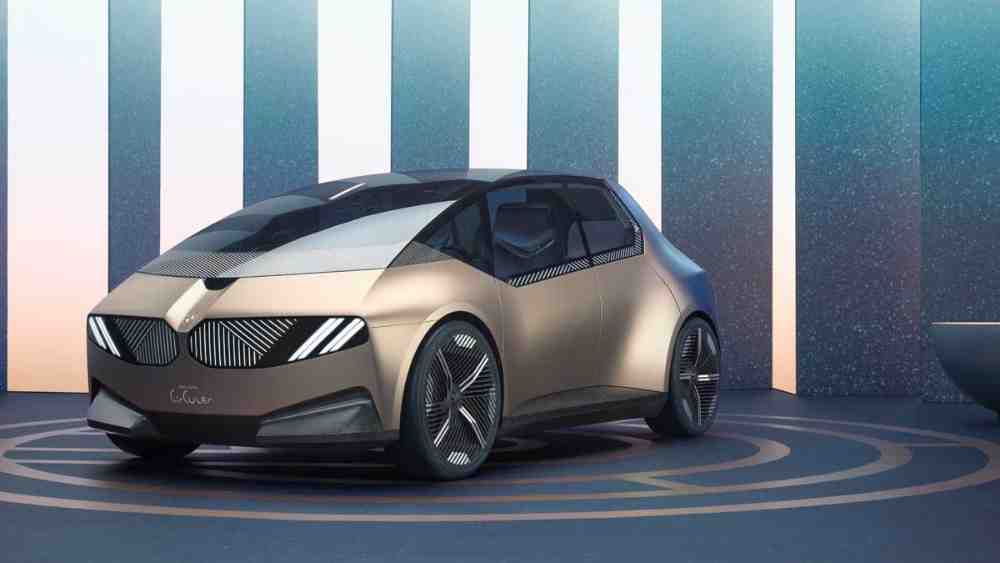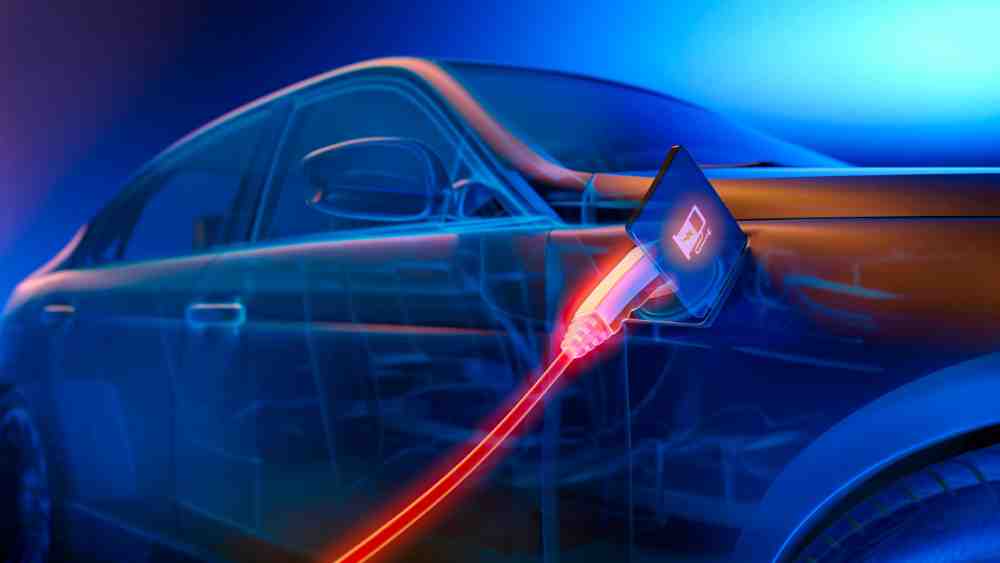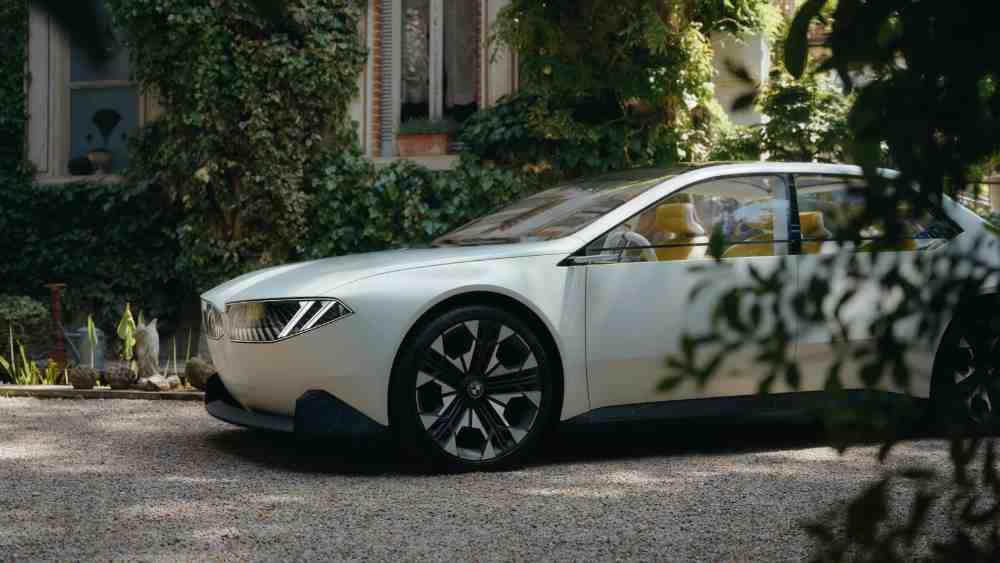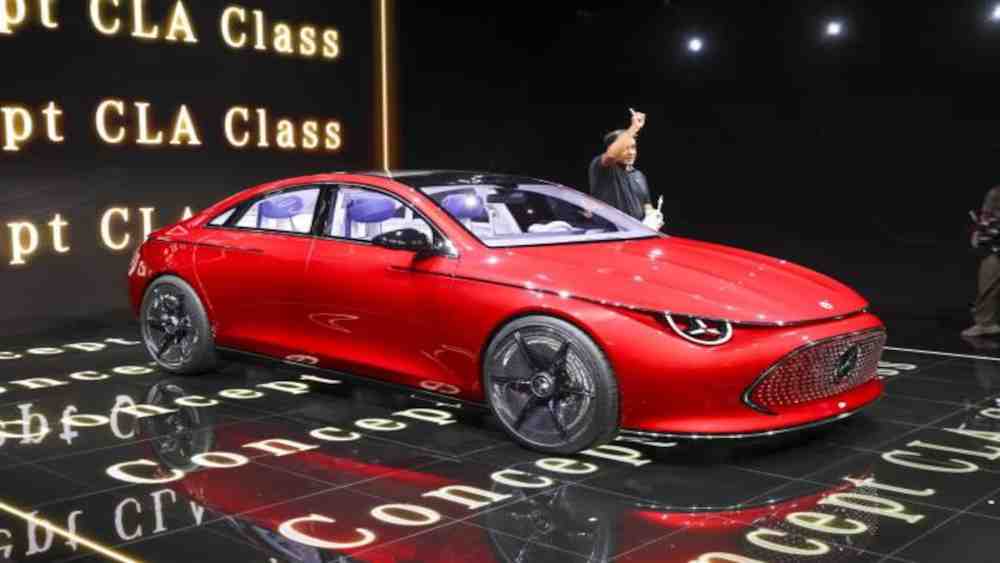BMW and Mercedes Launch Their Biggest Electric Vehicle Push to Rival Tesla
European Carmakers Showcase Ambitious EV Plans Amid Growing Competition
As the automotive industry undergoes a seismic shift towards electrification, European car giants BMW and Mercedes-Benz have unveiled their boldest initiatives yet to enter the electric vehicle (EV) arena and take on the formidable competition from Chinese manufacturers and Tesla. These announcements come as part of the IAA Mobility motor show held in Munich, Germany, where both companies have showcased electric concept cars and new EV platforms. In this article, we’ll explore their latest developments and how they plan to position themselves in the evolving EV landscape.
The Electric Revolution Unveiled

Over the weekend, Mercedes-Benz pulled the covers off the Concept CLA Class, an electric vehicle built on an innovative platform that will serve as the foundation for Mercedes’ forthcoming battery-powered cars. This concept car boasts an impressive range of 750 kilometers (466 miles) and the ability to achieve a 400-kilometer range with just 15 minutes of charging. Mercedes CEO Ola Kallenius lauded the vehicle as a “revolutionary development” for the brand, emphasizing its efficiency, range, and fast-charging capabilities.
Rivaling Mercedes, BMW introduced the “Vision Neue Klasse,” a concept car showcasing the company’s EV aspirations. The Neue Klasse represents a new platform dedicated to BMW’s electric vehicles, with production slated to begin in 2025. BMW’s CEO, Oliver Zipse, announced plans to double their EV sales in the current year, with a target for 15% of global sales to be battery EVs by the end of 2023.
A Departure from Tradition
Both Mercedes and BMW are making a significant departure from their previous approach, which involved adapting combustion engine or hybrid models to accommodate batteries. Their new dedicated EV platforms represent a substantial push towards the electric vehicle era. While these announcements mark substantial progress, industry analysts believe that these European automakers may still be trailing behind Tesla.

According to Daniel Roeska, a senior research analyst at Bernstein Research, the new platforms from Mercedes and BMW signify Europe’s capability to create compelling EVs. These platforms are expected to narrow the gap with Tesla and Chinese EV manufacturers but may not close it entirely.
The Battle in the EV Market
European automakers BMW and Mercedes are intensifying their presence in an increasingly competitive electric vehicle market. Currently, Tesla leads the global EV market with a 20% share, closely followed by Chinese automaker BYD with 15%, as reported by Counterpoint Research. The competitive landscape has further intensified due to a price war initiated by Tesla, which has cut prices to gain market share.

Both BMW and Mercedes cater to the premium segment of the market, where they compete directly with Tesla’s Model S and Model X. However, their focus appears to be on offering value over volume. In contrast, Volkswagen is adopting a strategy of launching EVs at various price points to capture different market segments. Volkswagen plans to release eleven new all-electric models by 2027, with the ID. 2all, an electric vehicle priced below 25,000 euros, scheduled for launch in 2026.
The Importance of Technology
In the evolving EV landscape, it’s not just about the design and performance of the vehicle but also the technology it offers. Premium EVs are expected to resemble smartphones more than traditional cars to provide a similar user experience to Tesla, known for its vertically integrated platform and advanced software.

Tesla’s success lies in its ability to control both the hardware and software of its vehicles, with features like Autopilot, which enables semi-autonomous driving. Many Chinese automakers, such as Xpeng and Nio, also market their semi-autonomous driving features.
In response, traditional automakers like BMW are emphasizing their tech prowess. BMW’s Vision Neue Klasse EV includes a heads-up display that projects information onto the driver’s windshield. BMW CEO Zipse highlighted the company’s significant investment in digital aspects, including semiconductors, to create a more digitally immersive driving experience.
Conclusion
As European automotive giants BMW and Mercedes make their most significant foray into the electric vehicle market, they face intense competition from established players like Tesla and emerging challengers from China. Their dedication to developing dedicated EV platforms marks a significant shift in strategy, emphasizing efficiency, range, and technological innovation.
While these developments signal Europe’s potential to create compelling electric vehicles, analysts suggest that there is still ground to cover to catch up with Tesla and Chinese manufacturers fully. As the electric vehicle landscape continues to evolve, the role of technology and user experience will play a crucial role in determining the winners in this rapidly transforming industry.
